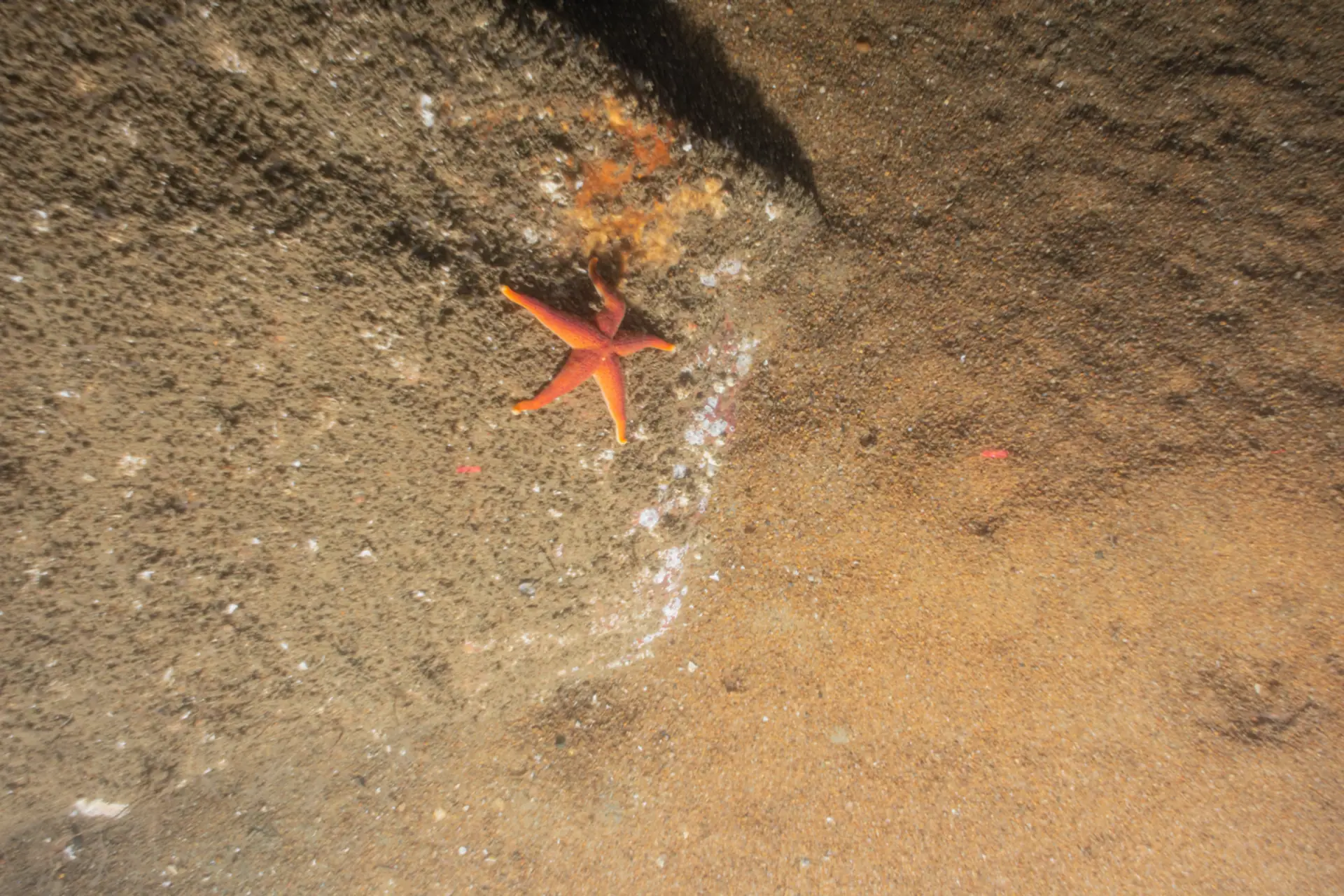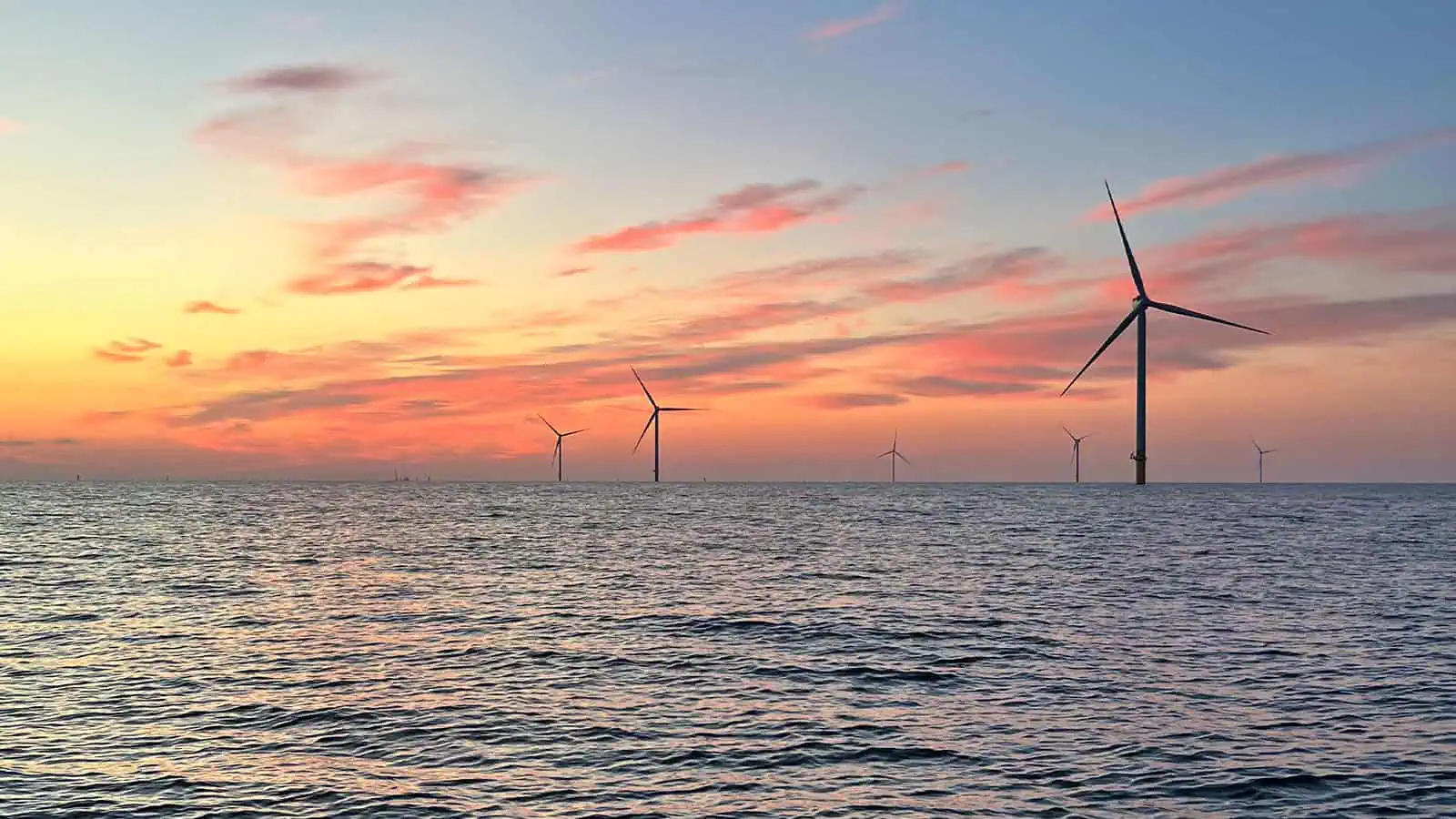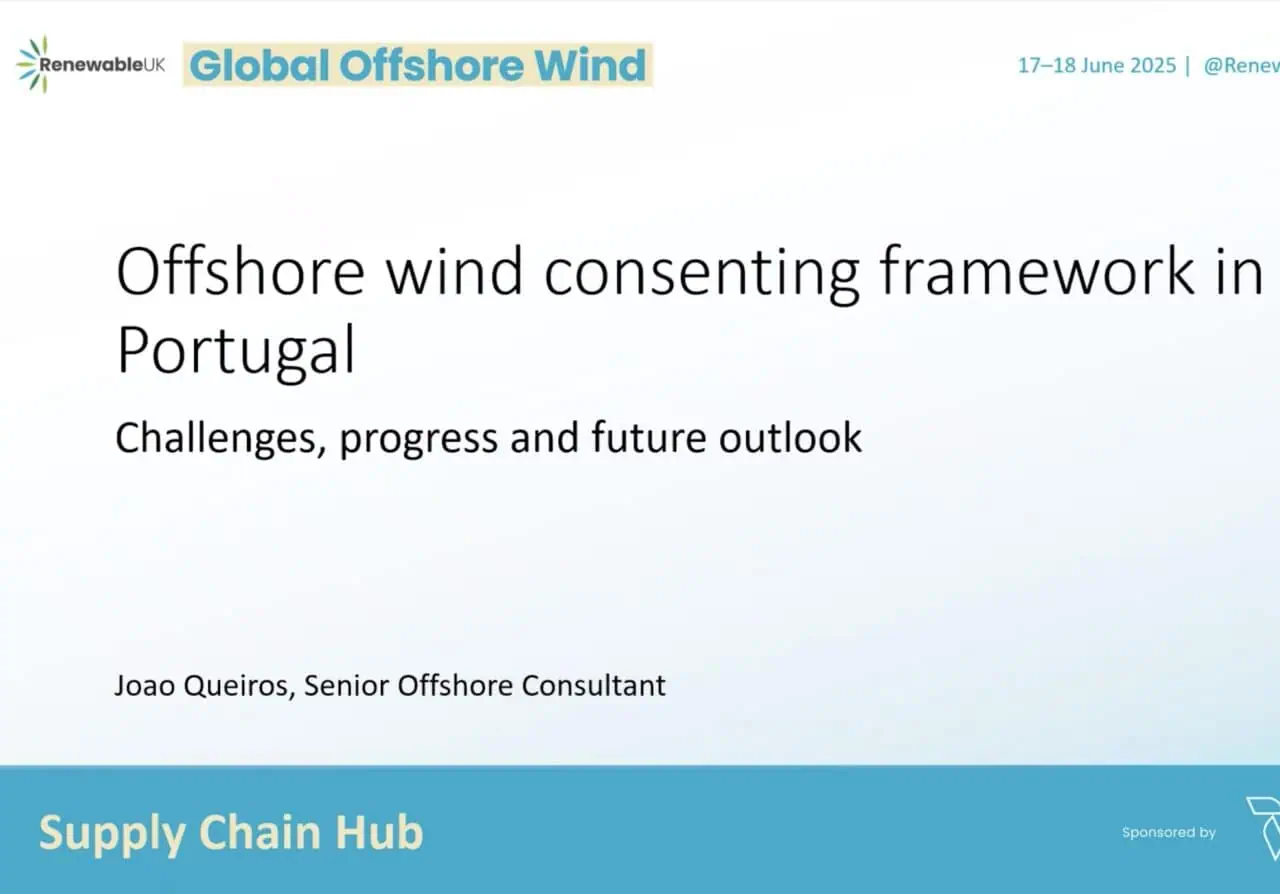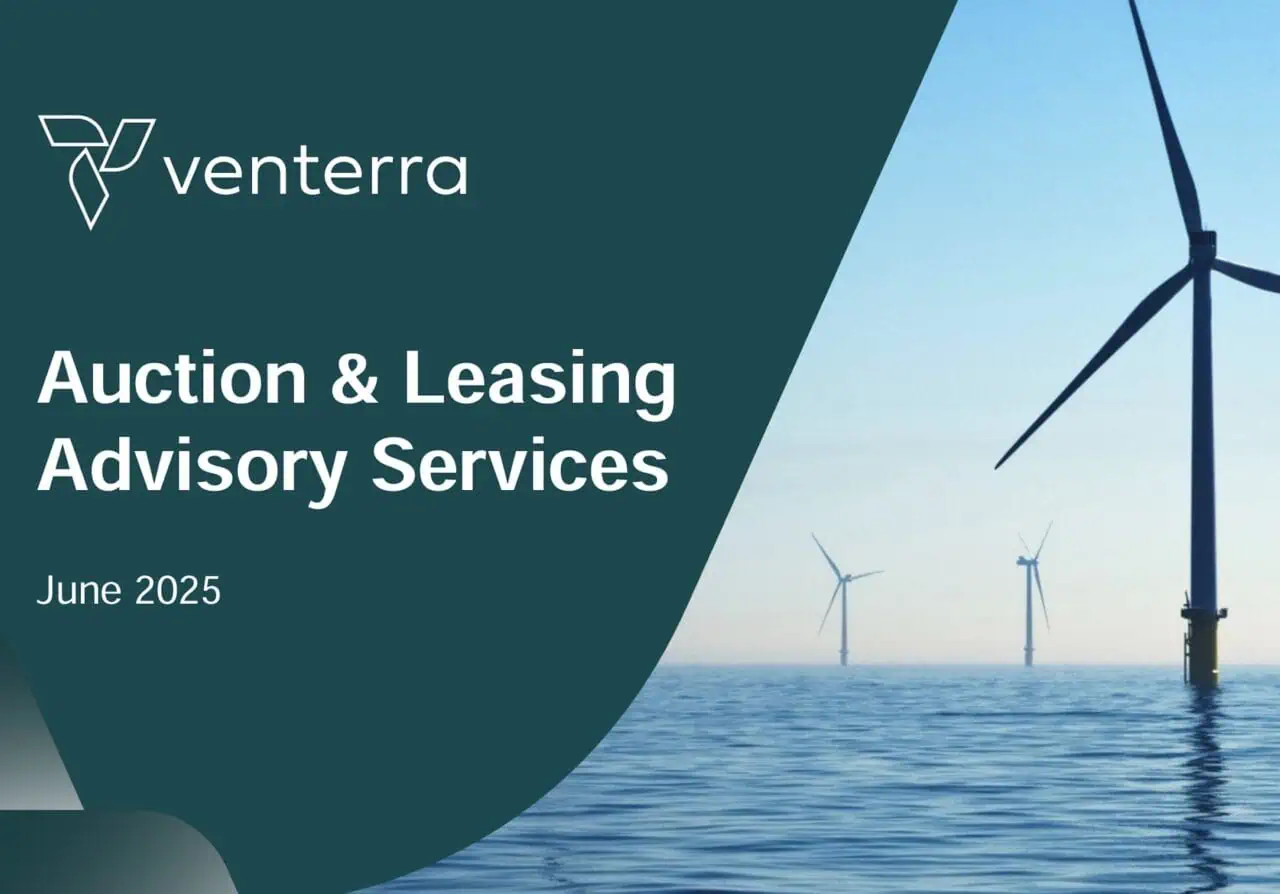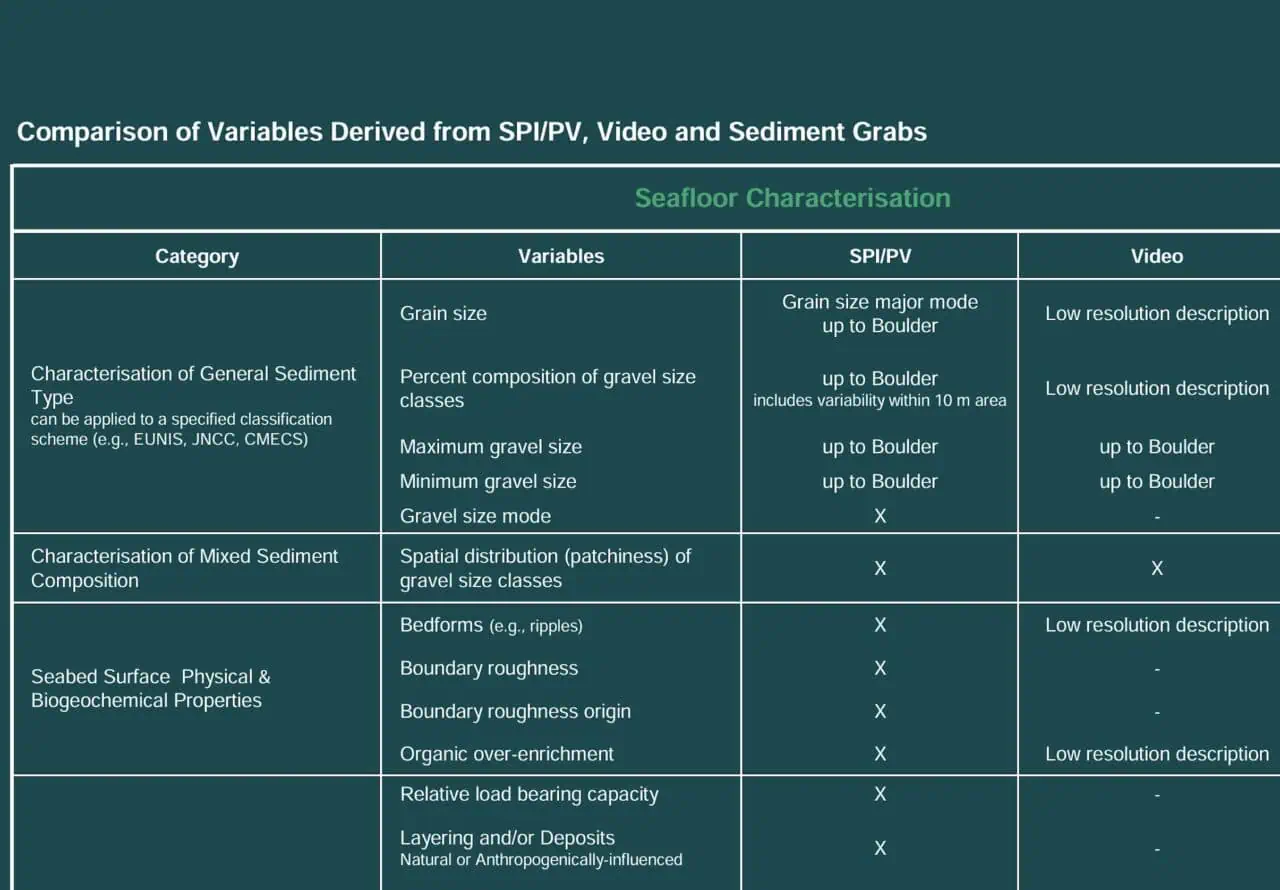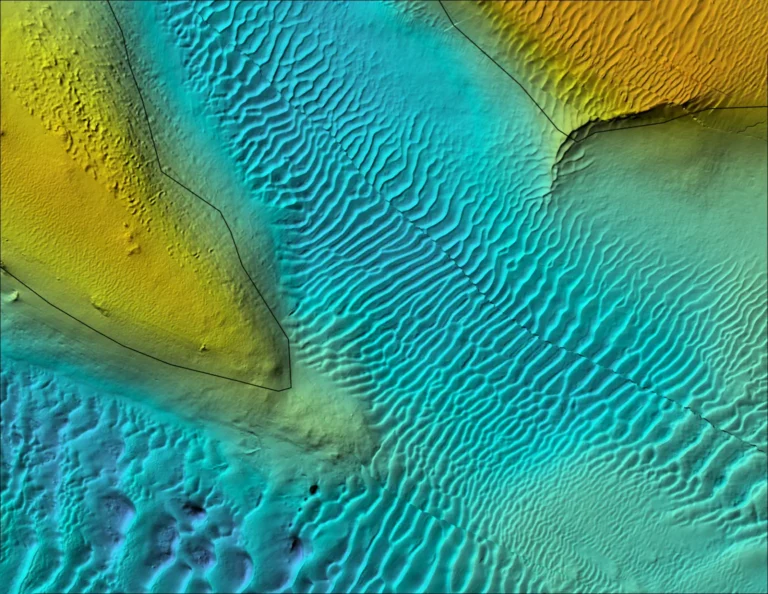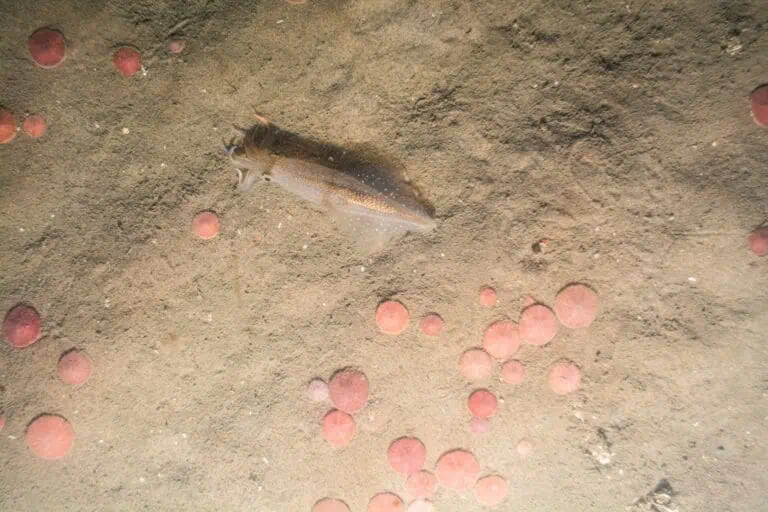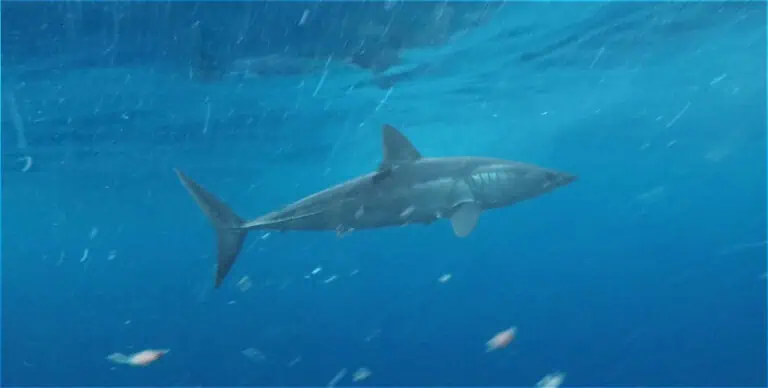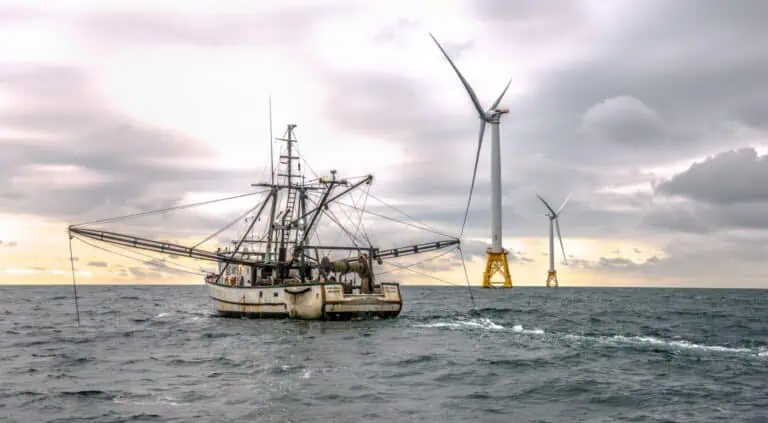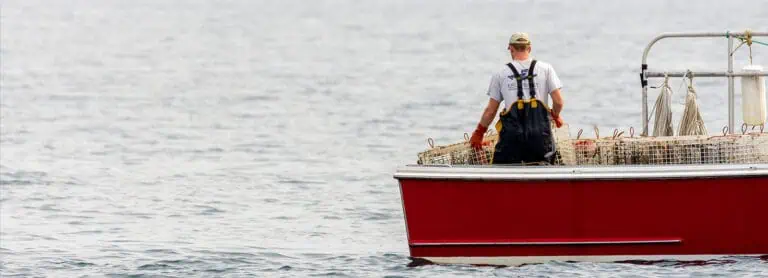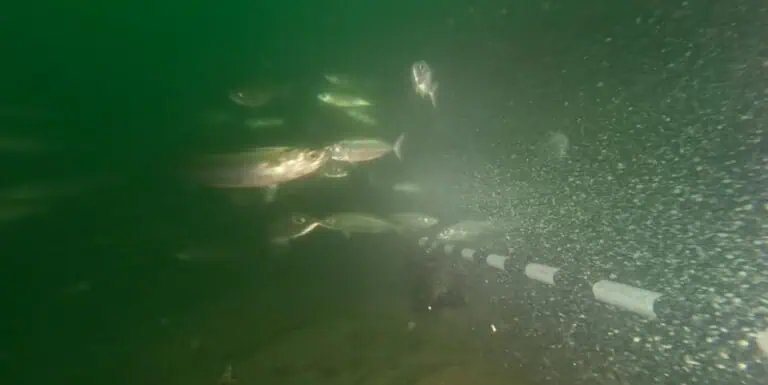Essential Fish Habitat (EFH) Assessments
INSPIRE is skilled at providing expertise in environmetal impact assessments for EFH evaluations to support project developers and regulators in ensuring that proposed activities do not adversely affect EFH, as mandated by the Magnuson-Stevens Fishery Conservation and Management Act in the United States.
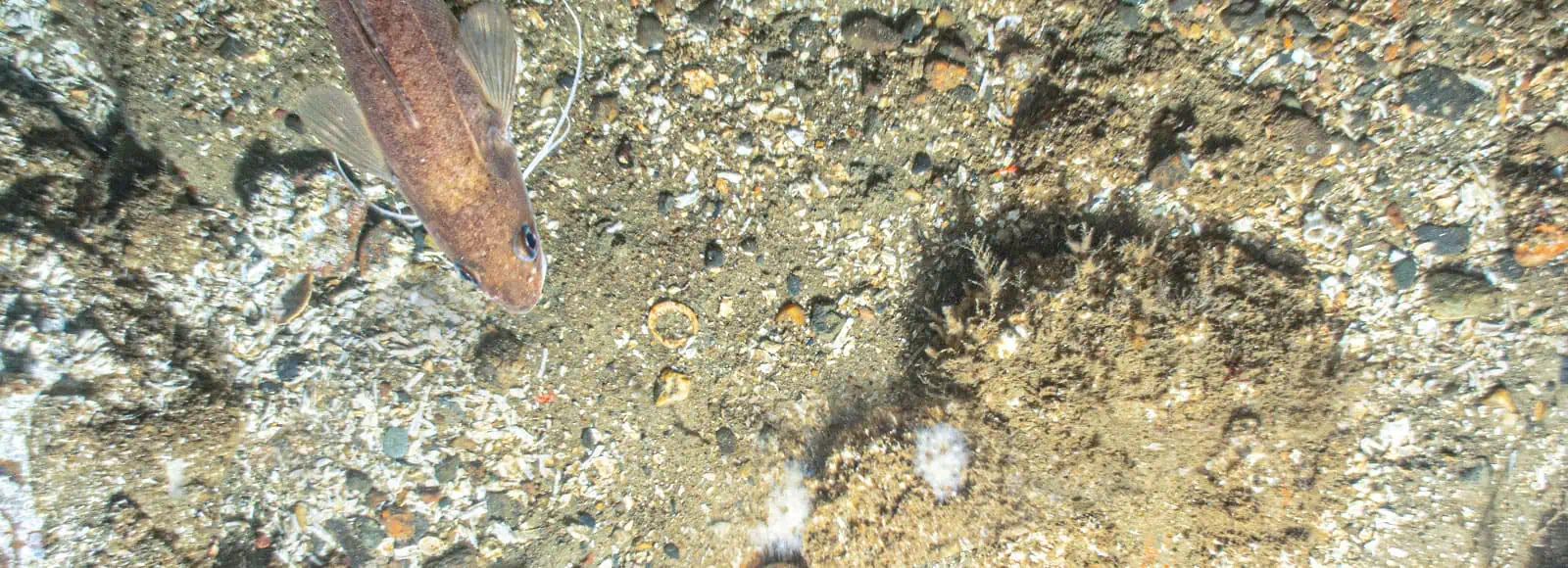
INSPIRE fisheries scientists are experienced at successfully evaluating potential impacts of proposed actions on EFH and finfish species and working with developers to ensure appropriate mitigation measures are included in project plans.
Essential Fish Habitat (EFH) is designated for federally-managed fisheries species and is defined as habitat necessary for fish to spawn, breed, feed, or grow to maturity, as mandated by the Magnuson-Stevens Fishery Conservation and Management Act in the United States.
INSPIRE scientists have the experience and tools to evaluate whether a proposed project may adversely affect EFH, either directly or indirectly via physical, chemical, or biological alterations.
Key Aspects of EFH Evaluations
Guiding clients to adhere to regulations under the Magnuson-Stevens Fishery Conservation and Management Act, which protect habitats crucial for fish life stages.
Involving various interested parties, including government agencies, tribes, fishing industries, environmental organizations, and the public, to understand potential impacts on EFH.
Our interactive web-based Popup map provides users with real-time, detailed information about benthic habitats that serve as EFH for demersal species, enhancing accessibility, user engagement, and decision-making in marine spatial planning and conservation efforts.
Developing and recommending measures to mitigate adverse impacts on EFH, such as altering project designs.
Planning and implementing monitoring programs to assess the effectiveness of project design measures to minimize EFH impacts.
The seasonal occurrences of EFH species by life-stage are compared to EFH maps in the area of interest. These “crosswalks” help resource managers and developers design projects with minimal environmental impacts.

